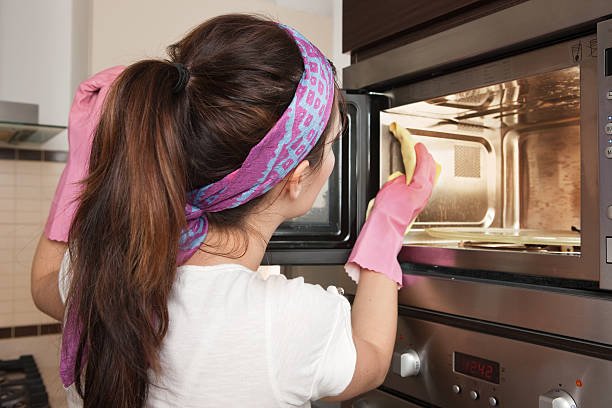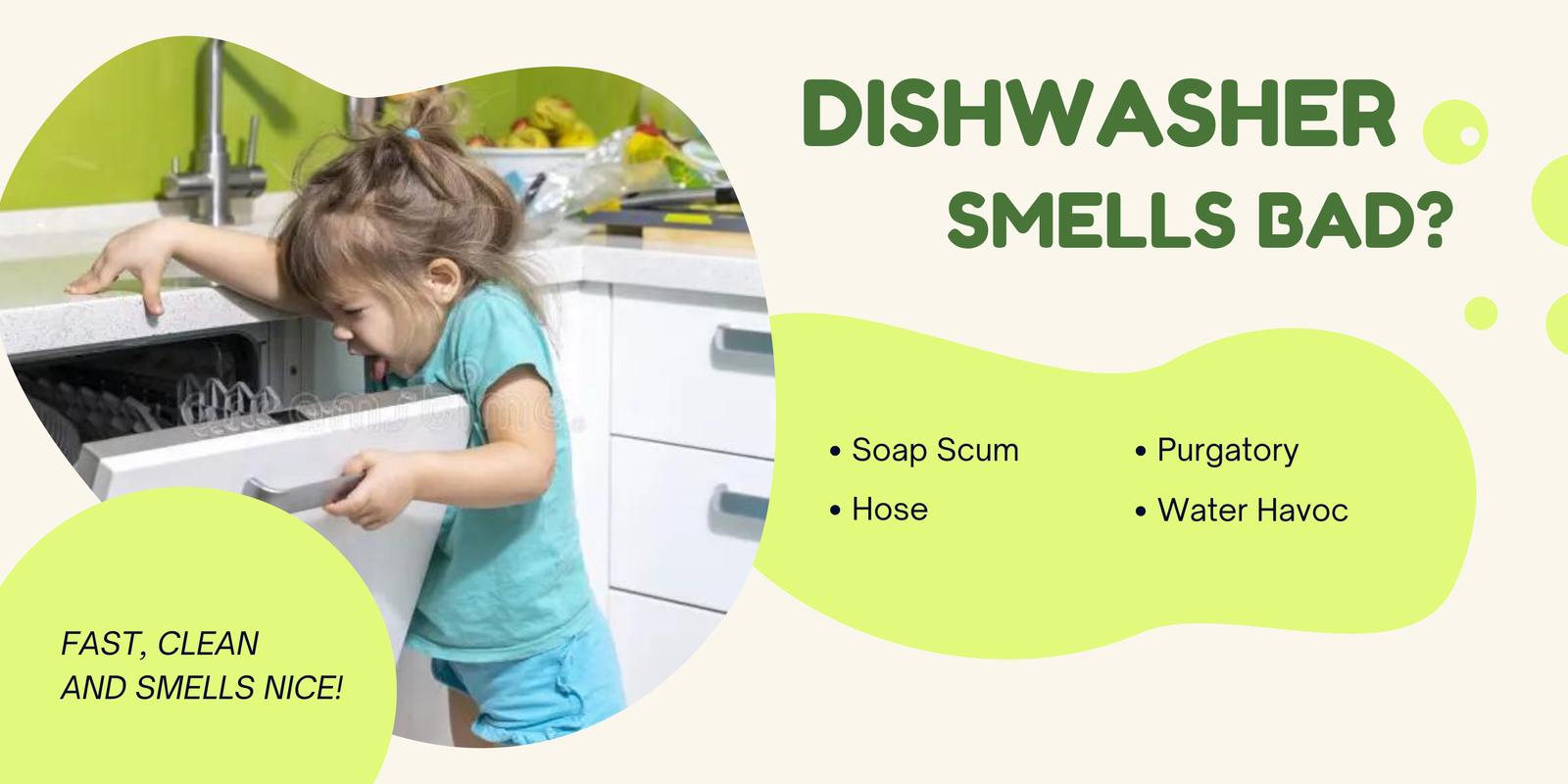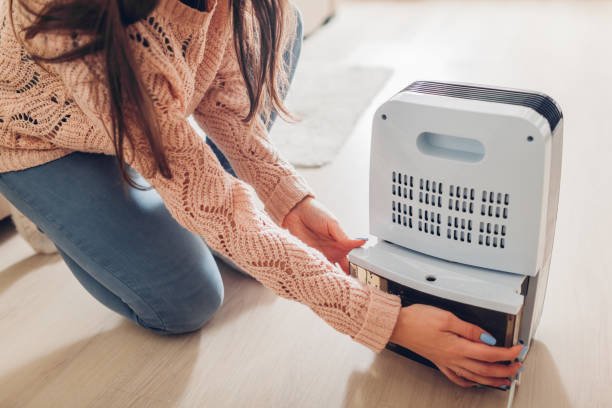
To Spray or Not to Spray: Decoding the Mystery of Microwave Cleaners
Microwaves have become an indispensable appliance in modern kitchens, saving time and effort when it comes to meal preparation. However, just like any other kitchen equipment, microwaves require regular cleaning to ensure optimal performance and hygiene. A common debate arises when it comes to using spray cleaners inside the microwave. Are they safe, effective, or do they pose risks? In this blog post, we’ll delve into the pros and cons, breaking down the factors you should consider before deciding whether to use spray cleaners in your microwave.
Pros of Using Spray Cleaners:
- Convenience:
- Spray cleaners offer a convenient and time-efficient way to clean the interior of your microwave. The easy-to-use spray format allows for quick application without the need for additional tools.
- Efficiency in Grease Removal:
- Many spray cleaners are formulated to cut through grease and stubborn stains effectively. This makes them particularly useful for cleaning the interior surfaces of a microwave, where food splatters and spills are common.
- Fragrance Options:
- Some microwave cleaners come with pleasant fragrances that can leave your appliance smelling fresh after cleaning. This adds a bonus of deodorizing your microwave along with removing dirt and stains.
- Multipurpose Use:
- Certain microwave cleaners are designed to be multipurpose, suitable for cleaning other kitchen surfaces as well. This versatility can be a practical solution for those looking to streamline their cleaning routine.
Cons of Using Spray Cleaners:
- Chemical Residue:
- Some spray cleaners may leave behind chemical residues on the surfaces of your microwave. This could potentially transfer to your food during heating, raising concerns about the safety of consuming food exposed to these residues.
- Ventilation Issues:
- Microwaves have vents that expel steam and odors during operation. Using spray cleaners excessively or without proper ventilation may lead to residue buildup in these vents, affecting the microwave’s performance over time.
- Potential for Contamination:
- If not properly wiped down after cleaning, there is a risk of leftover cleaning residue coming into contact with your food. This can compromise the taste and safety of your meals.
- Alternative Cleaning Methods:
- Many argue that using natural and DIY cleaning methods, such as vinegar and water, is a safer and more eco-friendly option. This minimizes the risk of exposing your microwave to harsh chemicals.
Considerations for Safe Use:
- Read and Follow Instructions:
- Always read and follow the instructions provided by the manufacturer of the spray cleaner. This ensures that you use the product as intended and avoid any potential risks.
- Ventilate Properly:
- If you choose to use a spray cleaner, ensure proper ventilation in your kitchen. Open windows or turn on the exhaust fan to allow fumes to dissipate, reducing the risk of residue buildup in the microwave vents.
- Wipe Thoroughly:
- After using a spray cleaner, wipe down the interior of the microwave thoroughly with a damp cloth to remove any residue. This step is crucial in preventing potential contamination of your food.
Conclusion:
In the ongoing debate of whether to use spray cleaners in your microwave, the decision ultimately comes down to personal preference, risk tolerance, and adherence to safety guidelines. While spray cleaners offer convenience and efficiency in cleaning, it’s crucial to be mindful of potential downsides such as chemical residues and ventilation issues. Consider alternative cleaning methods and weigh the pros and cons before making a decision that aligns with your priorities for a clean and safe kitchen environment.




